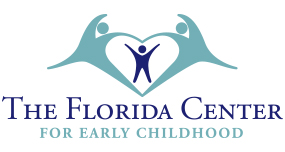Is My Child Ready For Preschool?
Preschool is a great opportunity for your child to practice their independence, socialize and begin to learn in a new environment and socialize with friends. However, parents often ask, “Is my child ready for preschool”? Preschool experiences are an important marker for kindergarten readiness.
Signs of Preschool Readiness for your child can include:
1. Your child is ok with being away from you for periods of time, or has experienced times with a babysitter or other caregiver.
2. Can share, interact and play with others. Play dates, ‘mommy and me” type classes and visits to the park or library are great ways to practice this.
3. Is your child potty trained or has an understanding? This is not always a necessity, but children are often encouraged by watching other children in their classrooms who are using the bathroom on their own and model their behavior after their peers.
4. Often times, parents worry about their child’s attention span in school. A good rule of thumb is that a child should be able to concentrate a minute for every year of their age. So a three year old would be able to sit still and concentrate for three minutes.
5. Does your child have the ability to communicate? You probably understand most everything your child says, but can everyone else? Consider how well your little one is able to express his needs.
6. Is your child comfortable with routine? If you don’t currently follow a regular routine at home, you may want to consider adopting a version of one to help prepare your child for the transition to preschool.
Here are some early childhood skills to practice with your child:
- Share, take turns and listen quietly
- Wait patiently and use words to communicate
- Recognize and know your full name
- Know your parents and/or caregiver’s first and last name
- Use toilet by yourself
- Dress yourself
- Know how to zip, snap, tie, button and fasten your clothing
- Recite and recognize alphabet letters
- Recognize your left and right hand
- Know basic colors, shapes and numbers 0-20
- Recognize a penny, nickel, dime, quarter and dollar bill
- Use positional words (over, under, up, down)
- Print your first name, uppercase for first letter only
- Know your address and phone number
- Know how to use a pencil, crayons, glue and scissors
